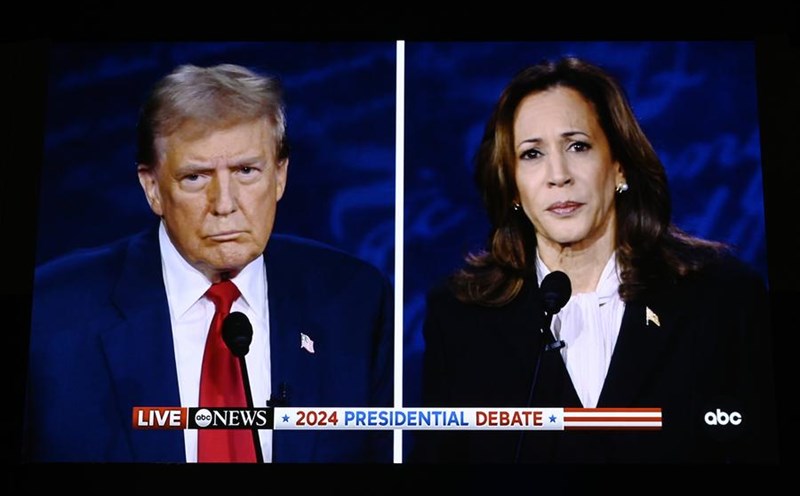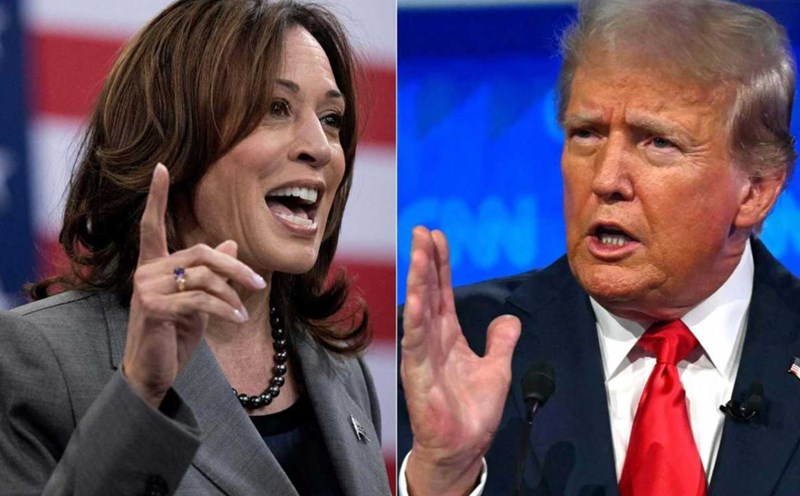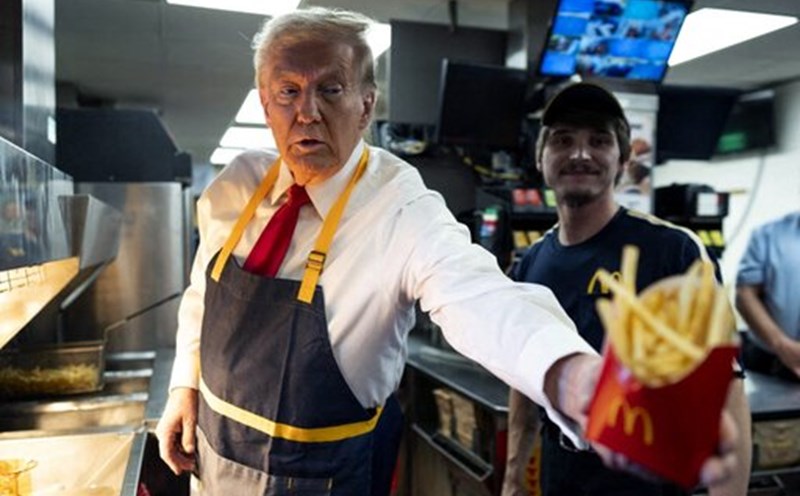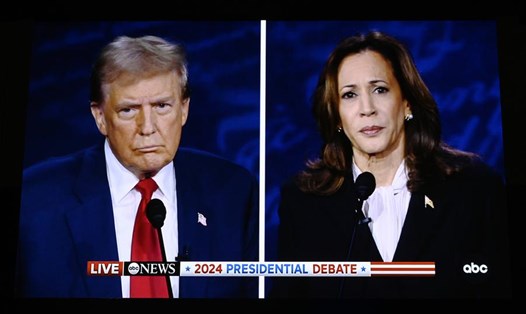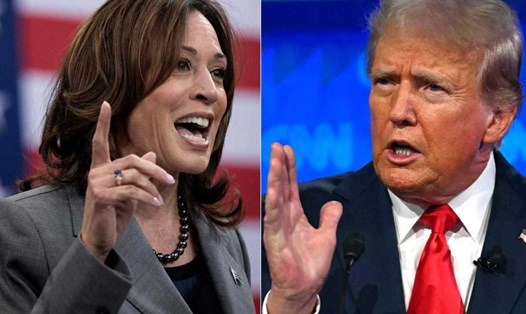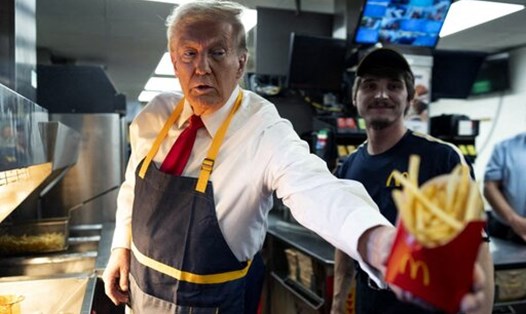Of course, no one can know for sure whether Republican candidate Donald Trump or Democratic candidate Kamala Harris will win the election on November 5.
However, the US stock market has a pretty good record of predicting the winner of US presidential elections, according to Al Jazeera.
Since 1928, the S&P 500 — a stock index based on the capitalization of the 500 largest public companies in the United States — has indicated a winner in 20 of 24 elections, according to analysis by financial services firm LPL Financial.
When the S&P 500 rose in the three months before an election, the incumbent party held the White House in 12 of 15 elections. And the incumbent party lost eight of the last nine when the stock market fell before the vote.
With less than two weeks until Election Day on November 5, the S&P 500 is up 11.8% since the beginning of August.
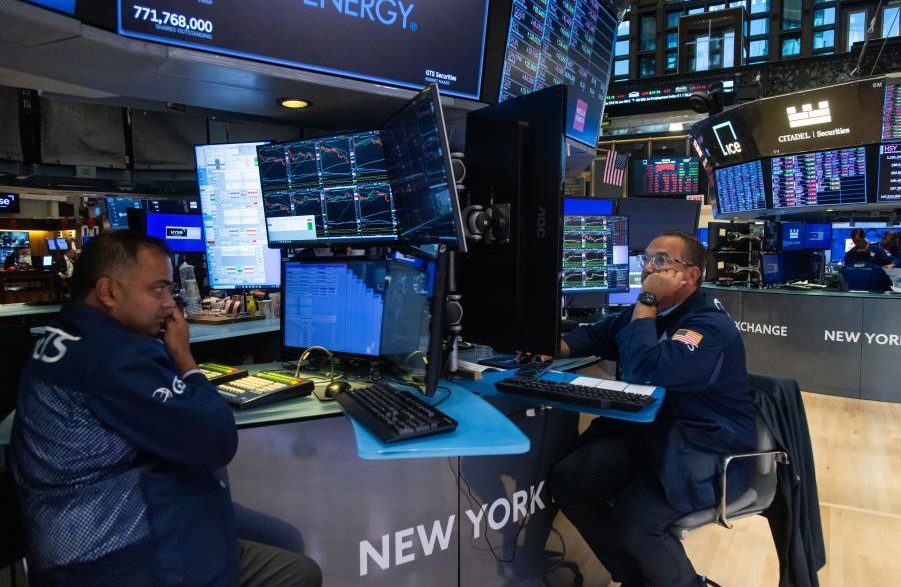
Assuming the US stock market doesn’t fall sharply in the final days of the campaign, the historical trend is clearly in Harris’ favor.
There are still plenty of caveats, however. Unfortunately for Ms Harris, voters don’t seem to be connecting a strong stock market performance with a strong economy.
While an estimated 61% of Americans own stocks, a large segment of voters have no exposure to the markets.
In an AP-NORC Center for Public Affairs Research poll released this week, 62% of registered voters, including a majority of Republicans and independents, rated the state of the economy as “poor.”
On the positive side for Kamala Harris, voters expressed growing confidence in Democrats’ ability to handle economic issues, suggesting that Trump’s previous advantage on the economy has all but disappeared.

The gloom is spreading despite the fact that, by most metrics, including GDP growth and the unemployment rate, the US economy is performing well.
One of the most plausible and often-cited reasons for the negative sentiment is that consumers are concerned about rising prices, even though inflation — which fell to 2.4% last month — is now close to the Federal Reserve's target after spiking during the COVID-19 pandemic.
While wages have been rising faster than inflation for more than a year, they have not risen enough to fully offset the increase in the cost of living since the pandemic hit.
Another good reason to be cautious about believing in stock market predictions is that we seem to live in a political age that doesn't follow any rules.
Just as his 2016 victory broke many precedents, Donald Trump’s place on the Republican ticket this year — despite four criminal indictments, multiple scandals and years of negative media coverage — is one of disregard for convention.
Indeed, the last time the S&P 500 failed to predict the next White House occupant was the most recent election, when Donald Trump lost to President Joe Biden after seeing the market rise 2.3%.

